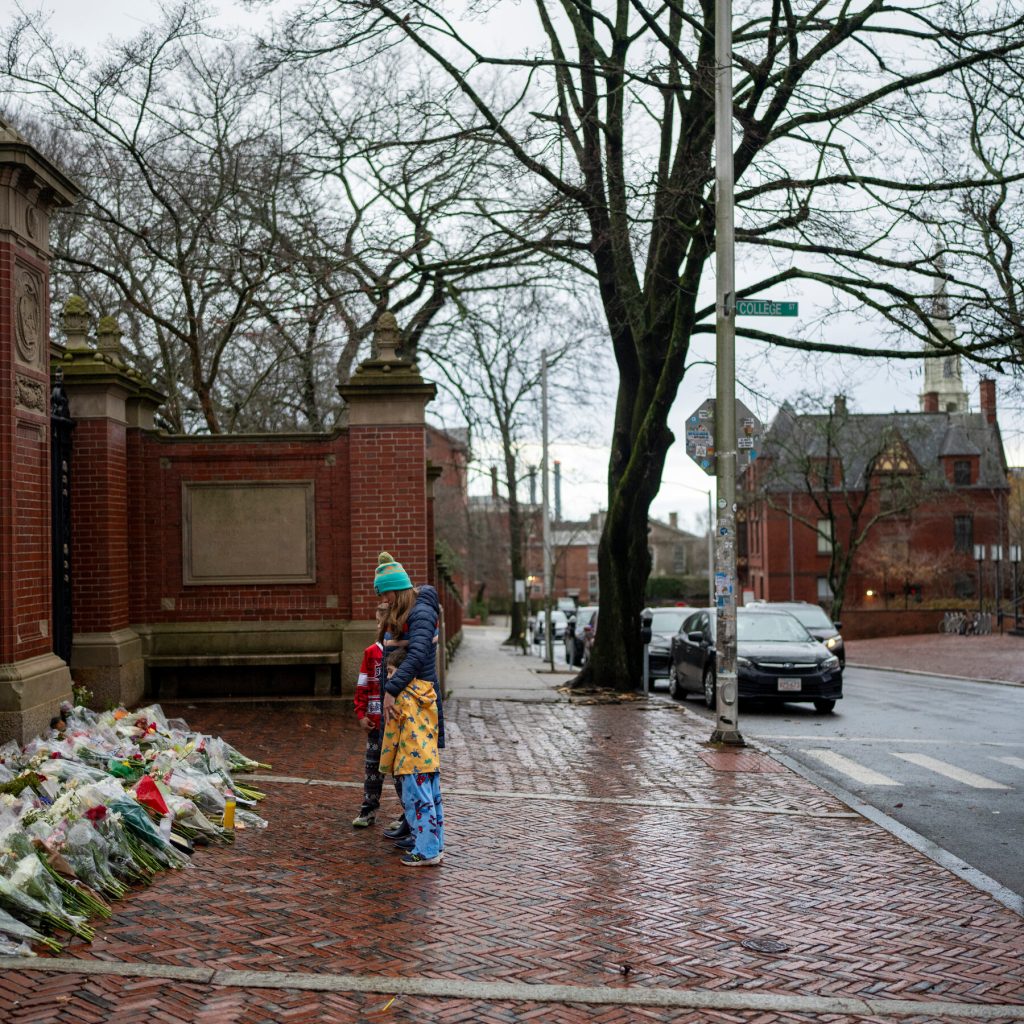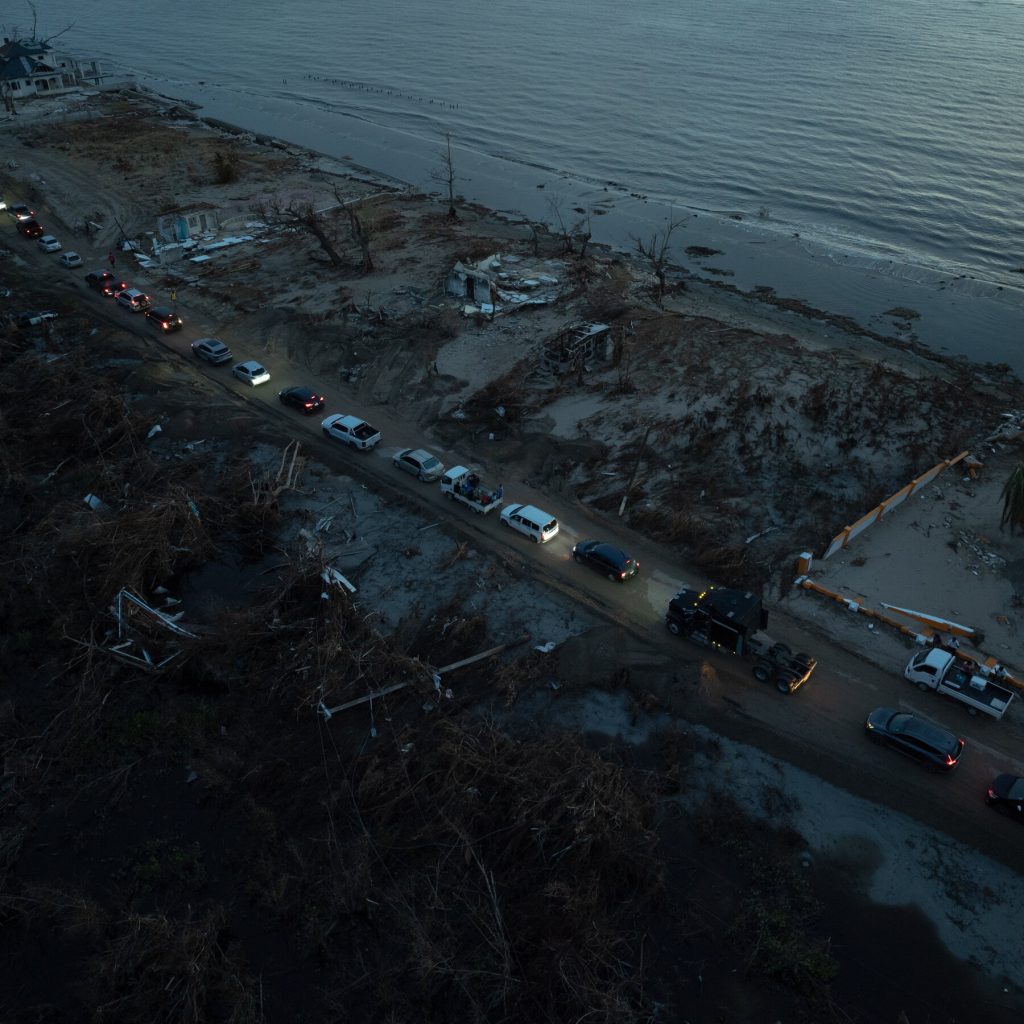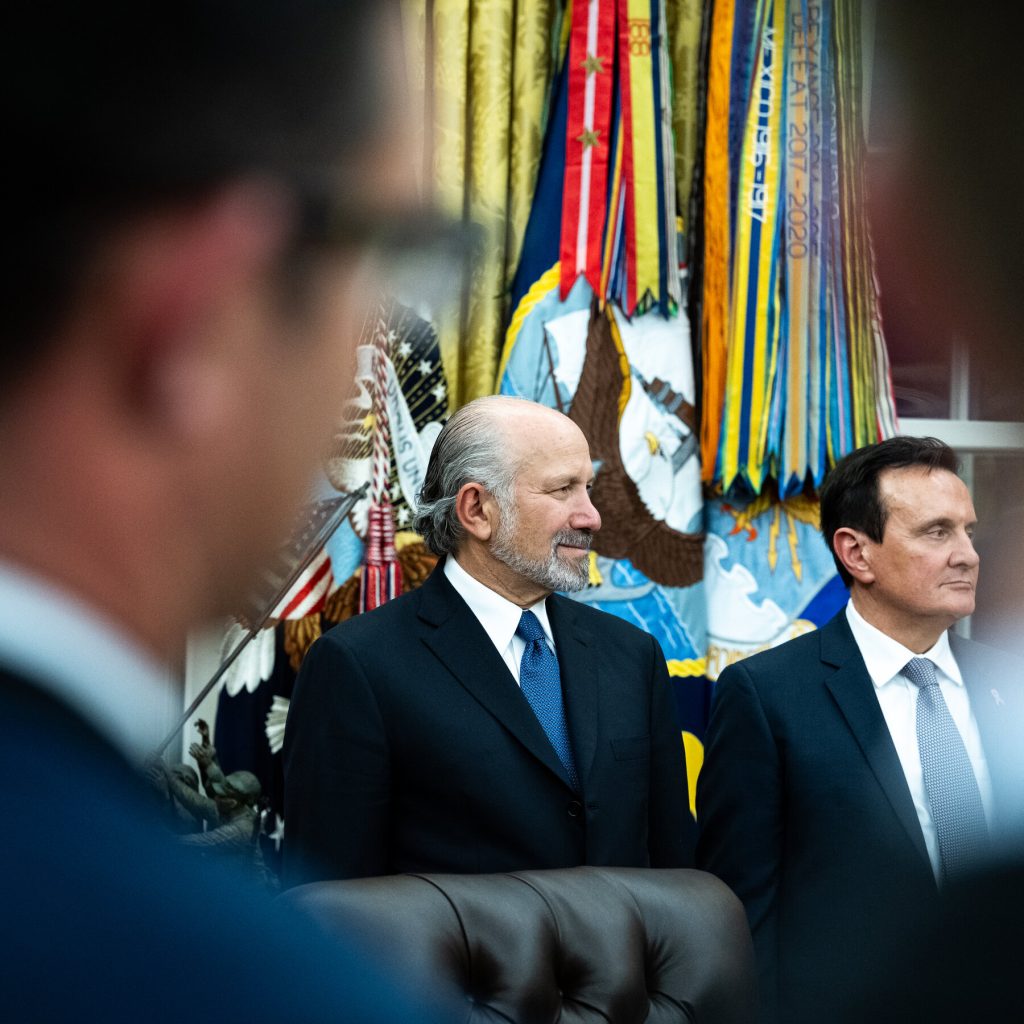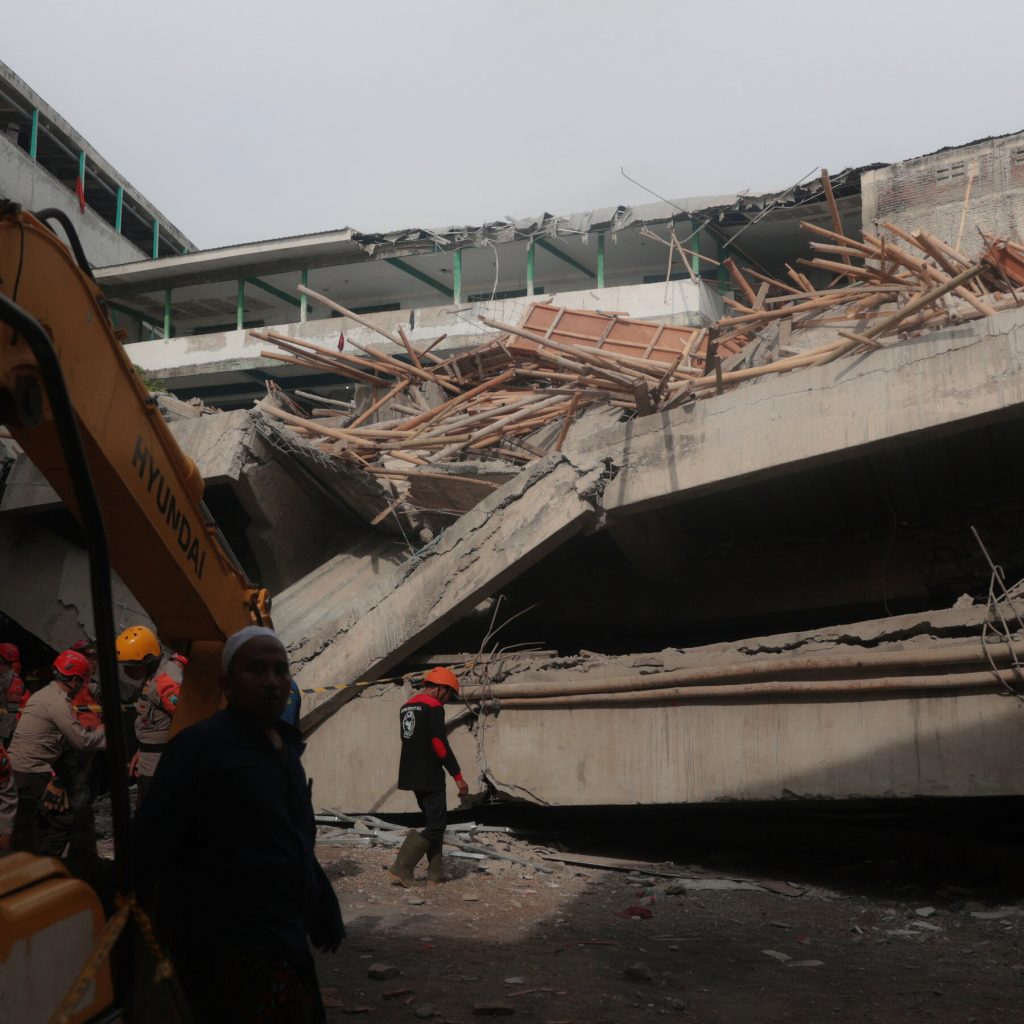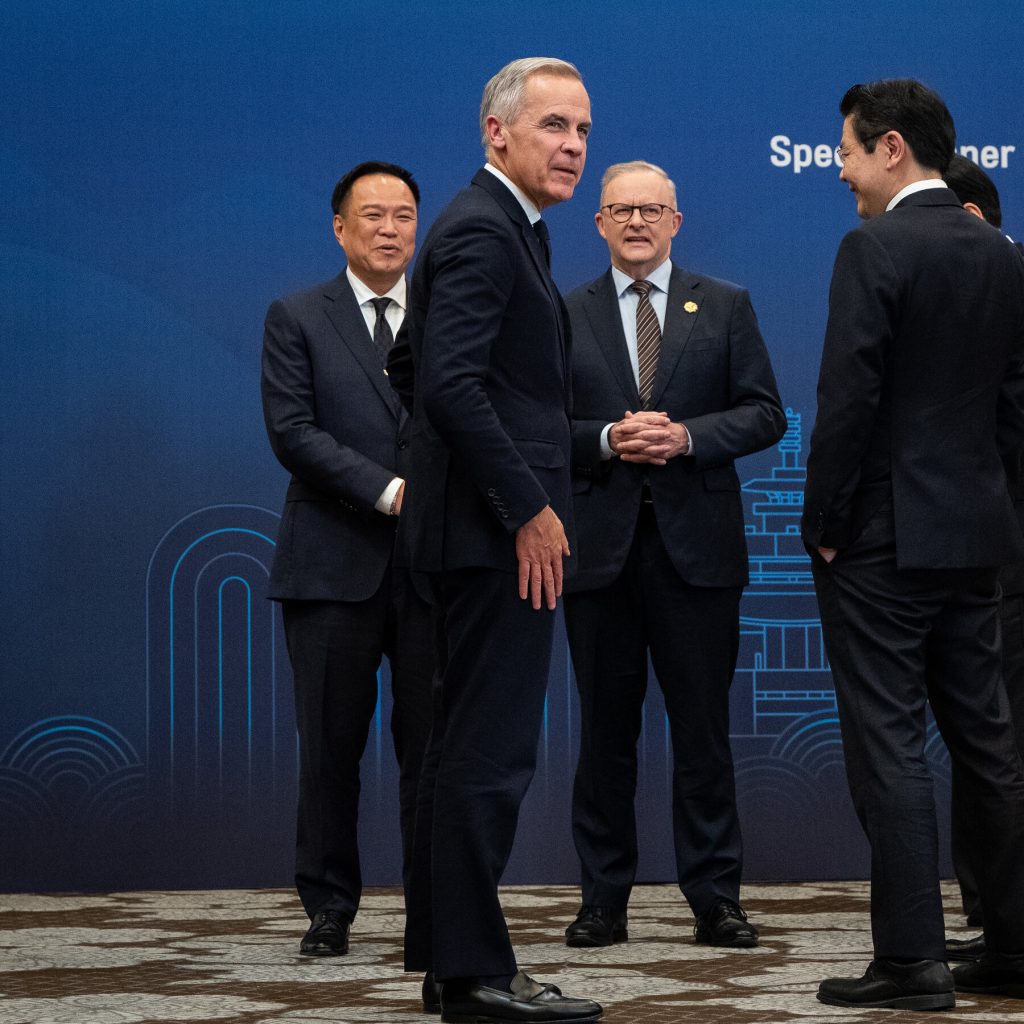A Fragile Cease-fire Between Afghanistan and Pakistan Ends Violence, for Now
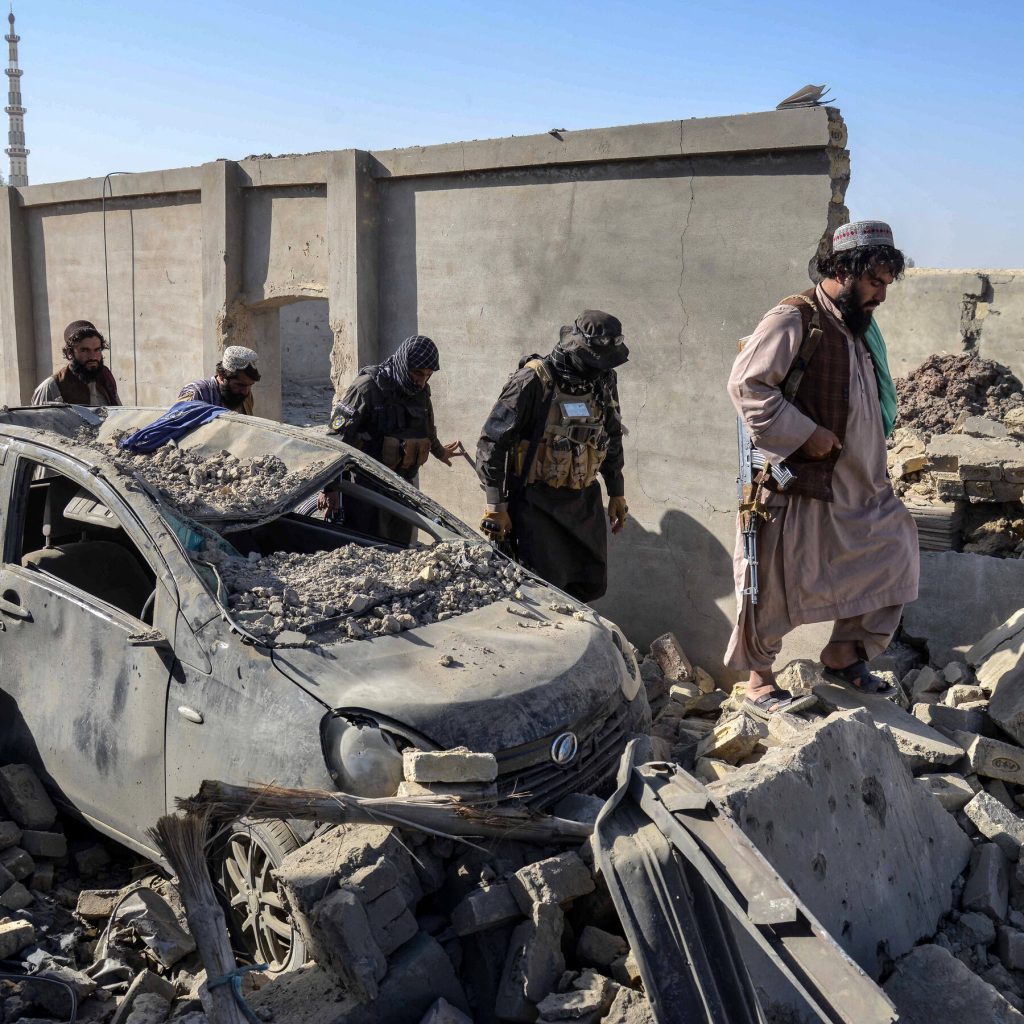
A tenuous cease-fire has brought a temporary halt to the intense violence that had been escalating between Afghanistan and Pakistan in recent weeks. The two nations have agreed to refrain from attacking each other, following the most severe outbreak of hostilities in years. However, experts caution that the underlying issues driving the conflict remain unaddressed, leaving the fragile truce vulnerable to collapse.
The sudden escalation of violence had raised concerns about the stability of the region, with both countries exchanging fire and accusations. The clashes had resulted in significant casualties and damage to infrastructure, exacerbating the already dire humanitarian situation in Afghanistan.
The agreement to cease hostilities was reached after a series of diplomatic efforts by regional and international stakeholders. While the truce has brought a much-needed respite to civilians caught in the crossfire, analysts stress that it is only a temporary solution. The root causes of the conflict, including issues of border demarcation, militant groups, and trade disputes, remain unresolved.
Pakistan and Afghanistan have a long and complex history of relations, marked by periods of cooperation and conflict. The two countries have struggled to maintain a stable relationship, with tensions often flaring over issues such as border security, trade, and the presence of militant groups.
According to analysts, the cease-fire is a positive step towards de-escalation, but a lasting resolution will require a more comprehensive approach. “The underlying issues need to be addressed through dialogue and negotiation,” said a regional expert. “The current cease-fire is a temporary fix, but it provides an opportunity for both countries to engage in meaningful talks and work towards a more sustainable peace.”
The international community has welcomed the cease-fire, with the United Nations and other regional organizations calling for continued dialogue and cooperation between the two nations. As the situation remains fragile, all eyes are on the next steps, with hopes that the temporary truce will pave the way for a more lasting peace.


